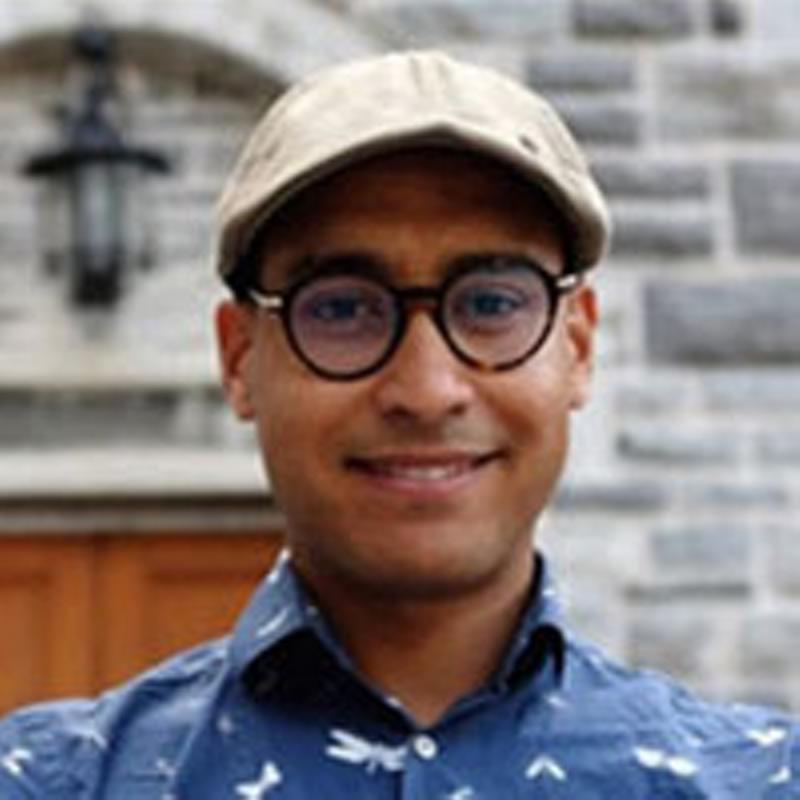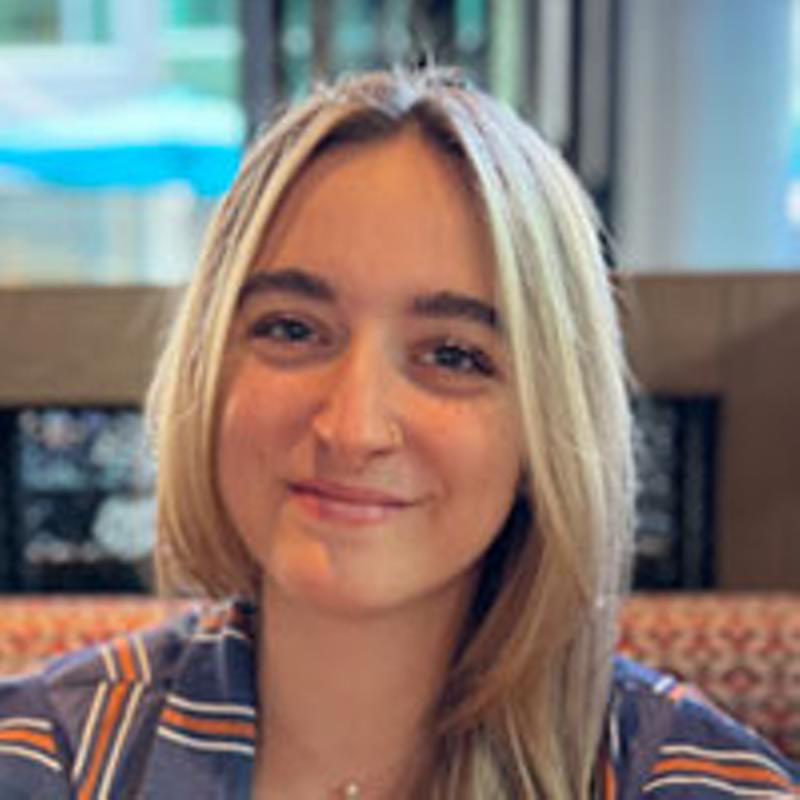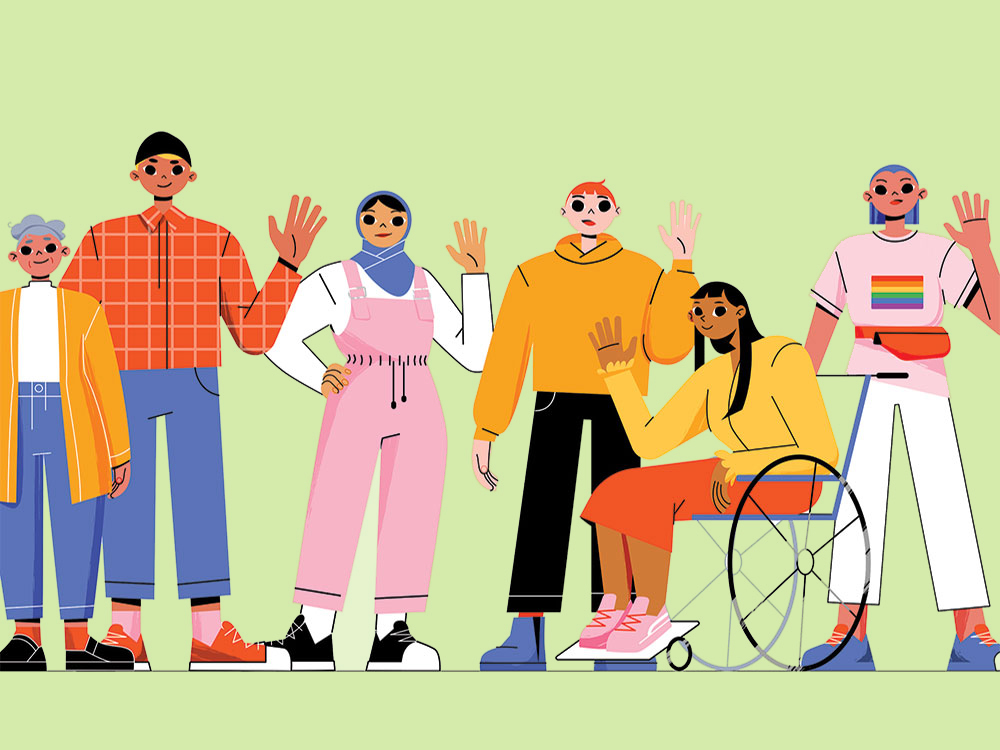Pride month is a celebratory time for many queer people. It is an opportunity for greater visibility in the public sphere. Although LGBTQ2S+ people are becoming more accepted, those living with disabilities still struggle to be seen and heard.
Queer disabled people, particularly those with invisible disabilities like autism, attention deficit hyperactivity disorder or obsessive-compulsive disorder, are sometimes faced with the complex decision of whether or not to come out. That would often mean battling false stereotypes that disabled and autistic people cannot be queer.
Previous studies have shown how mainstream queer spaces can be inaccessible and not accepting of disabled people. For instance, in one study from the United States, LGBTQ+ autistic people reported “feeling ‘othered,’ discredited [and] tolerated rather than accepted.”
As a consequence, some disabled people choose to avoid disclosing their disability in queer spaces to avoid negative responses and rejection. At the same time, disabled communities can lack supports appropriate for LGBTQ2S+ people and even present queerphobic attitudes.
‘I felt like I did not belong’
Through our research, we have heard how LGBTQ2S+ people with developmental and mental disabilities struggle to find space to explore their identities, meet intimate partners, find community and form a sense of belonging. However, despite these struggles, their desire for community was clear.
Some disabled people reported feeling like outsiders in queer spaces and communities. As a participant noted: “I didn’t really want to participate in queer spaces because I felt like an interloper. I felt like I did not belong.”
This feeling of exclusion is further accentuated by the fact that, as some of our participants highlighted, Pride events can be inaccessible to disabled people.
Participants also spoke about wanting more representation of disabled and autistic people within queer spaces. One participant noted that most queer spaces “are very predominantly white and predominantly able-bodied, predominantly a certain beauty standard, and all those things… people with disabilities may or may not fit that criteria for the queer communities, especially as a romantic partner.”
People with disabilities can sometimes find queer spaces, like bars and dance clubs, inaccessible due to loud noises, lack of open spaces and strong scents. Connecting with the broader LGBTQ2S+ community is challenging because LGBTQ2S+ events are not always welcoming to their needs.
Such sentiments are echoed by other research. In another study with autistic adults, participants talked about how both the disabled and queer communities can sometimes ostracize autistic people rather than being “open-minded” and “accepting” spaces.
Having a community that supports and affirms your identities is important and good for mental health. For those who are disabled and queer, being left out of LGBTQ2S+ spaces means they do not receive the benefits of feeling like they belong.
More than a ramp
More importantly, folks in the community remind us that real accessibility means more than building a ramp to access a building. Meaningfully inviting LGBTQ2S+ people with disabilities involves non-disabled queer people doing their homework, making meaningful space and addressing their own ableism.
Participants from various studies have shared suggestions for making queer spaces more accessible.
This includes creating sensory-friendly spaces: for instance, offering noise-free areas, avoiding specific colours and patterns, reducing visual overload, relying on natural or dim lighting or creating opportunities for participation through online spaces.
Above all, people want access to more spaces where disabled people can feel safe and included. They do not wish to have to fight for the right to exist in queer spaces safely.
LGBTQ2S+ spaces should inherently be where people can learn more about different identities and build communities, not spaces of exclusion.
There is a need for greater solidarity between queer, neurodiverse and disabled communities. More importantly, it is essential for queer communities to be proactive. Why wait until someone requests accommodations to take action? Instead, we should educate ourselves about disability, access and accessibility.
Disabled people should be meaningfully invited into queer spaces. It is crucial to have spaces and opportunities that are inclusive and celebratory for everyone. Such were the intentions of activists like Brenda Howard, who paved the way for the Pride celebrations we have today.
Intrinsically we are a community full of diversity, and that diversity is something to celebrate.![]()
![]()
Read more: Rights + Justice, Gender + Sexuality


















Tyee Commenting Guidelines
Comments that violate guidelines risk being deleted, and violations may result in a temporary or permanent user ban. Maintain the spirit of good conversation to stay in the discussion and be patient with moderators. Comments are reviewed regularly but not in real time.
Do:
Do not: